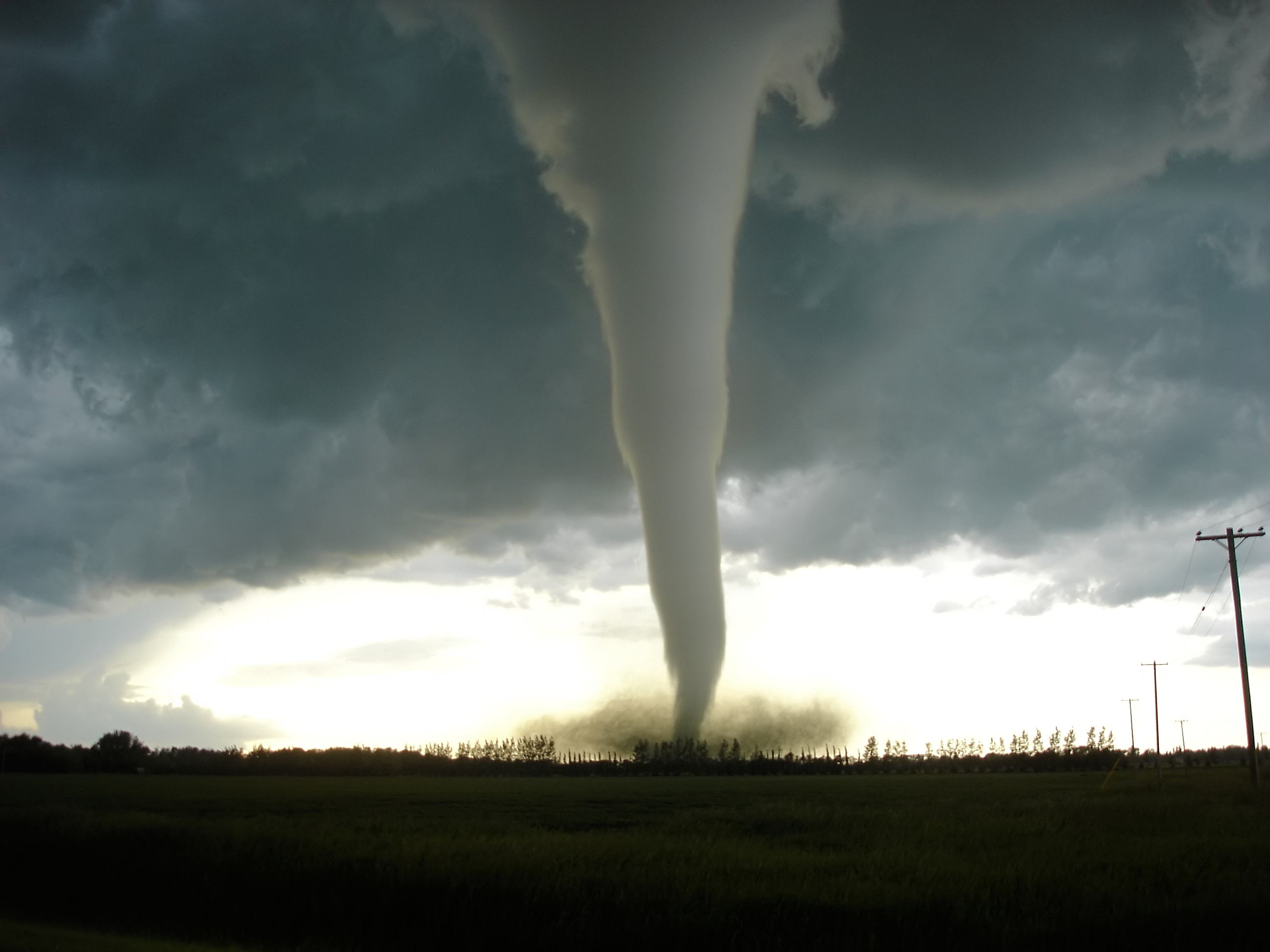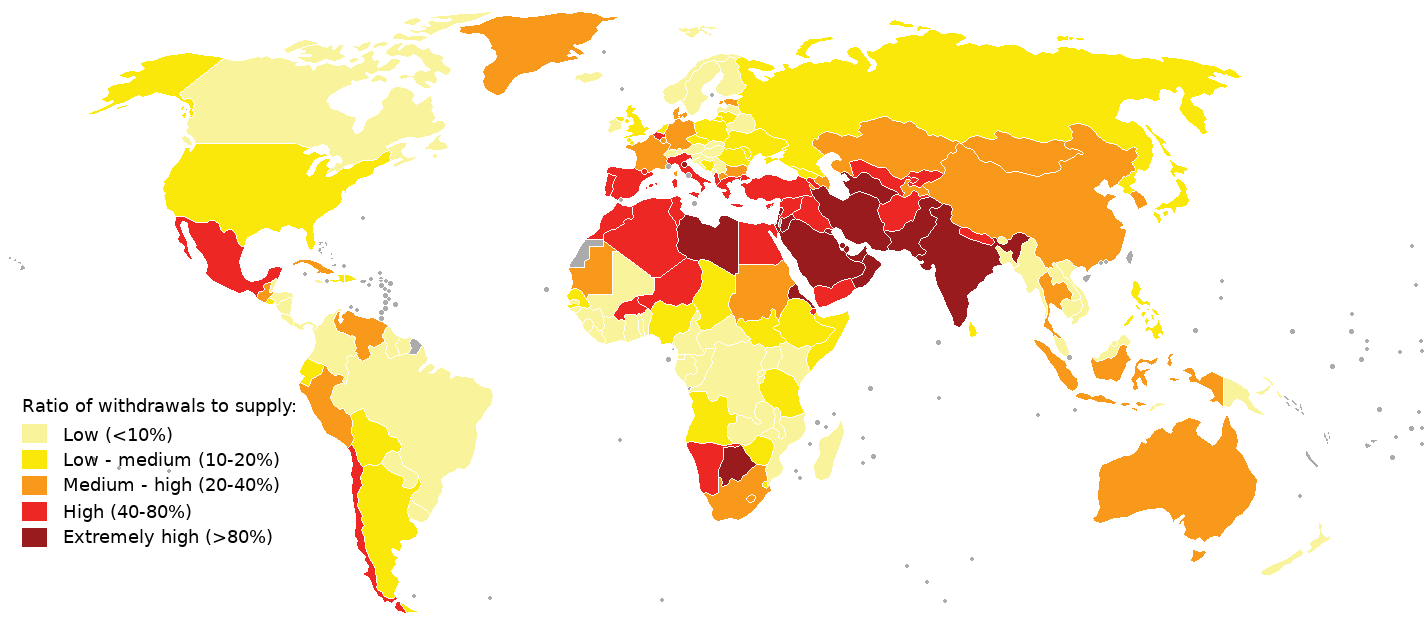Environment
Articles in this category

Tornado
A tornado, also known as a "twister," is a violently rotating column of air extending from a cloud to the ground, often visible as a funnel of condensation and debris, capable of immense destruction. While most tornadoes are relatively small with wind speeds under 180 km/h (110 mph), extreme ones can surpass 480 km/h (...
Atlantic hurricane season
The Atlantic hurricane season officially spans from June 1 to November 30, when tropical and subtropical cyclones are most likely to form in the North Atlantic Ocean, with peak activity typically occurring from late August to September, centered around September 10. During this period,...
Grizzlies
The term "Grizzlies" primarily refers to grizzly bears, but it is also widely adopted by numerous sports teams across various leagues and countries. Most prominently, the Memphis Grizzlies are a National Basketball Association (NBA) team, which originally played as the Vancouver Grizzlies from 1995 until their relocation in 2001. Beyon...

Biodiversity loss
Biodiversity loss, the complete disappearance or significant reduction of plant and animal species, is primarily driven by human activities such as habitat destruction, pollution, over-exploitation, and climate change. Scientists identify this ongoing phenomenon as the "sixth mass extinction," with current extinction rates estimated to...

Water scarcity
Water scarcity is the critical lack of fresh water resources needed to meet standard demand, manifesting in two primary forms. Physical water scarcity occurs when natural water resources are simply insufficient, common in arid regions like North Africa and Central Asia. In contrast, economic wa...

Air pollution
Air pollution, defined as the presence of harmful substances like gases and particulate matter in the air, tragically kills 7 to 8 million people annually and significantly contributes to diseases such as stroke, heart disease, and lung cancer. Its primary sources include burning fossil fuels for electricity and transport, industrial p...
Climate change
Present-day climate change, encompassing global warming and its extensive effects, is primarily driven by human activities like fossil fuel burning since the Industrial Revolution. This has led to a 50% increase in atmospheric carbon dioxide since the pre-industrial era, to levels not seen for millions of years. The impacts are severe,...

Australian Conservation Foundation
The Australian Conservation Foundation (ACF), established in 1965, is Australia's national environmental organization. Its formation was a direct response to a proposal from the World Wide Fund for Nature (WWF) for a more coordinated approach to sustainability in Australia, with key figures like HRH Prince Philip, Duke of Edinburgh, an...
Renewable energy in Russia
Despite possessing abundant and diverse renewable energy resources like wind, solar, and geothermal, Russia's energy mix remains heavily dominated by fossil fuels, with hydroelectric power being the primary exception. The Soviet Union was an early pioneer in large-scale hydropower, rapidly expanding capacity from the 1930s and construc...
Air pollution in Delhi
Delhi, the capital of India, consistently faces the world's most harmful air pollution, a crisis that contributes to an estimated 2 million deaths annually across India and has caused irreversible lung damage to 2.2 million children in the city. In November 2019, the Supreme Court of India famously described Delhi's air quality as "wor...
Environmental protection
Environmental protection involves measures taken by individuals, advocacy groups, and governments to safeguard the natural environment, prevent pollution, and maintain ecological balance. This crucial effort responds to increasing environmental degradation caused by factors like overconsumption and population growth, gaining significan...
University of Maryland Center for Environmental Science
The University of Maryland Center for Environmental Science (UMCES) is a prominent multi-campus research institution dedicated to advancing environmental, estuarine, and marine science. Its origins trace back to a 1925 research station on Solomons Island, officially assuming its current name in 1997.
UMCES condu...